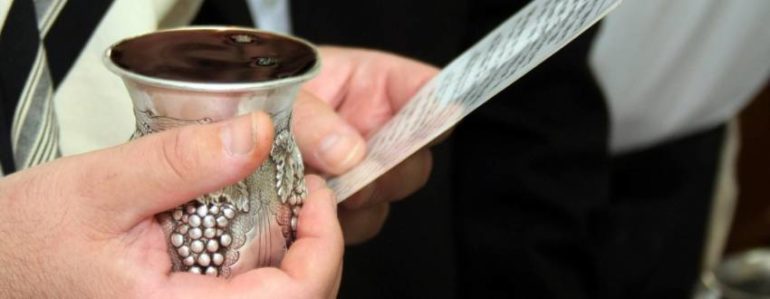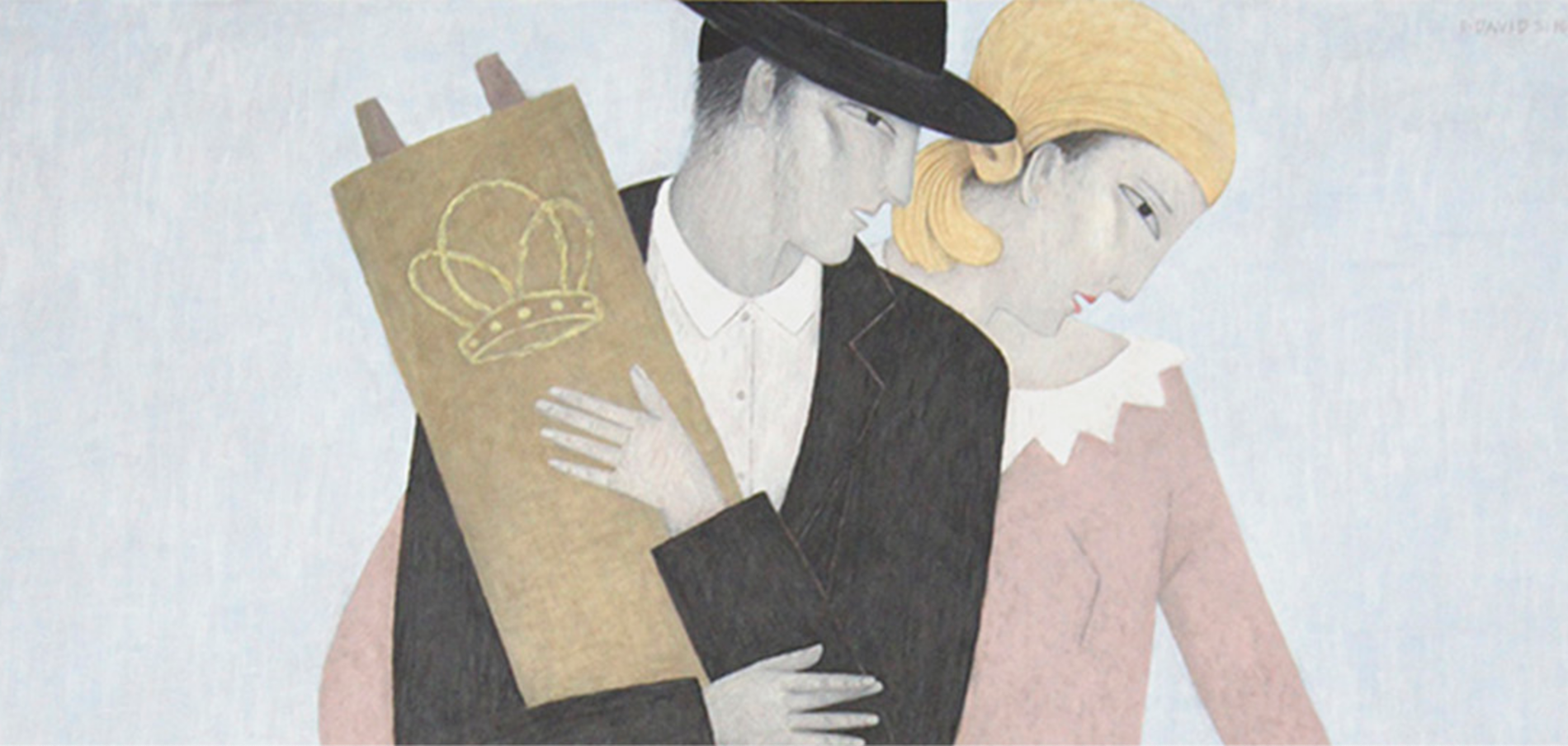
Are Jews Allowed to Get Drunk?
Dear Jew in the City,
Are Jews allowed to get drunk?
Sincerely,
Eva
Dear Eva,
Thanks for your question. It’s funny; normally we’re asked about whether there’s truly an obligation to get drunk on Purim. We’re never asked about whether this is permitted on a regular Thursday night or whatever. That’s probably a question that should be asked more often.
To be honest, the Torah and our Sages kind of give us mixed messages when it comes to alcohol. On the one hand we’re told things like “wine makes the heart of man glad,” (Psalms 104:15), “wine makes life happy” (Koheles 10:19) and “there’s no joy without wine” (Pesachim 109a). On the other hand, we are told things like “Woe to those who get up early in the morning so that they can pursue strong drink, (and) who stay up late into the night until wine inflames them” (Isaiah 5:11) and “strong drink is bitter to those who drink it” (ibid., 24:9).
Wine has a place of honor in Jewish life. We welcome Shabbos with kiddush and escort it out with havdalah, both recited over wine. Many people bentch (recite grace after meals) over a cup of wine. Wine is prominent in both our Purim and Passover celebrations. Wine is part of the wedding ceremony and part of a bris. Most of the Temple offerings included libations of wine. Indeed, wine is one of only two foods considered significant enough to warrant its own bracha (the other being bread).
And yet, an excess of wine in the narrative portions of the Torah doesn’t typically end up so well:
- When Noach came out of the ark, he planted a vineyard, got drunk and debased himself;
- Avraham’s nephew Lot got drunk and, in a state of semi-awareness, allowed his daughters to
commit incest with him; - Through a juxtaposition of verses, our Sages infer that Aharon’s sons Nadav and Avihu were
drinking just before they got themselves incinerated by a Heavenly fire; - While it ended up okay for us, all the troubles of the Purim story started with a drunken
bacchanalia.
So is wine good or bad? The answer is: both! According to one Talmudic opinion, the Tree of Knowledge in the Garden of Eden was a grape vine. As its full name was “the Tree of Knowledge Between Good and Evil,” you can see how wine reflects two sides of the same coin. Whether we get “heads” or “tails” depends on how we use it. (Along similar lines, some praise the nazir, who refrains from wine, for his restraint. Others criticize him for his self-deprivation. Why should the attitude towards his abstention be ambiguous? Perhaps because our feelings towards wine are complex and conflicting!)
The Rambam (Hilchos Deios 5:3) writes, “Becoming drunk is a sin. It is shameful behavior that causes a person to forget what he has learned. If a scholar becomes drunk in front of the general public, he causes a desecration of God’s Name.” Similarly, in Hilchos Shvisas Yom Tov (6:20), he writes:
When one eats, drinks and rejoices on yom tov, he should not get too drawn to drinking wine and acting lightheaded under the mistaken impression that increasing these things increases the mitzvah to rejoice. These things are not actually rejoicing, they are forms of foolishness. We were not commanded to act foolish on yom tov. Rather, we are obligated to rejoice in a manner that serves our Creator. Accordingly, Deuteronomy 28:47 says, “Because you did not serve Hashem your God with happiness and a glad heart and with abundant prosperity.” We see from this that our service of God entails joy, and it is not possible to serve God when one is involved with lightheadedness or drunkenness.
A reviis of wine (about 3.3 ounces) is necessary to fulfill one’s obligation in kiddush, but the same volume would also preclude a person from davening, a scholar from issuing a psak (halachic ruling) and a kohein from duchening (reciting the priestly blessing; see OC 99:1, Rema YD 242:13 and OC 128:38, respectively). This is derived from an explicit Torah prohibition: in Leviticus 10:9, immediately following the death of two of Aaron’s sons, God spoke directly to Aaron, saying, “Do not drink wine or other strong drink, you or your sons, when you enter the Tent of Meeting, so that you not die. This is a law for all time for your generations.” The Talmud in Eiruvin (64a) extends it to issuing rulings and davening.
The Talmud (Sanhedrin 38a) tells us that “when wine goes in secrets come out.” This doesn’t just mean that we become blabbermouths (though that may also be true), it means that our true selves come out. There are some people who talk words of Torah when they’ve had a few too many, but let’s not kid ourselves: such people are the exception rather than the rule.
Bottom line, I don’t think that getting drunk is inherently prohibited, the Rambam’s strong words on the subject notwithstanding. It is, however, a risky proposition. It affects our ability to serve God – so much so that we’re not even allowed to daven – and we risk revealing aspects of ourselves that we might perhaps prefer to keep under wraps. It may not be a sin in and of itself, but it certainly encourages and facilitates sin, and is probably best avoided.
Sincerely,
Rabbi Jack Abramowitz
Educational Correspondent
Follow Ask Rabbi Jack on YouTube
If you found this content meaningful and want to help further our mission through our Keter, Makom, and Tikun branches, please consider becoming a Change Maker today.







